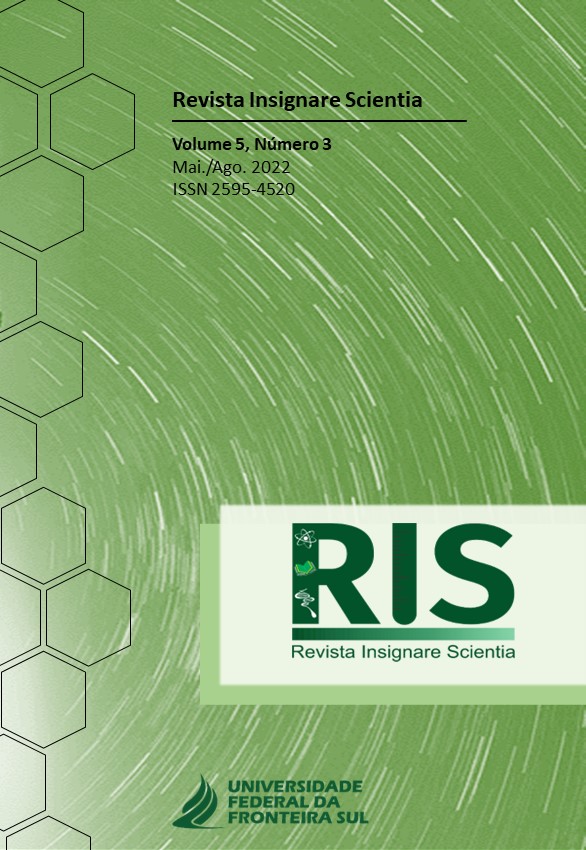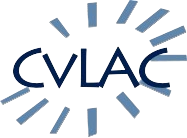Educational governance from public policy to the classroom from a critical and emancipatory perspective
DOI:
https://doi.org/10.36661/2595-4520.2022v5n3.13057Keywords:
Governance; Civilizing Education; Human Education; Social Role of the SchoolAbstract
This article discusses meanings attributed to the educational purpose of studying at school, and it considers that its specificity is part of a complex network of relations of which the public policies and educational governance processes are part. It is a study of descriptive analytical character, organized as a theoretical essay on the theme of governance in the field of education, with attention turned to a critical and emancipatory perspective. The concept of educational governance adopted considers that it articulates the interface relationship between the general scenario of public policy networks and the local context of each school, linked with problematic realities of social vulnerability to be resignified in classroom practices, in the midst of the current curriculum reform happening in Brazil. Results signal the importance of moving forward in the study and construction of a critical, reflective, and liberating educational governance, contextualized both in the public policy networks and in the practices in real teaching conditions, and which contributes to the achievement of an education that promotes the integrality of the civilizing social development, essence and goal of the humanizing school of life in society.






















